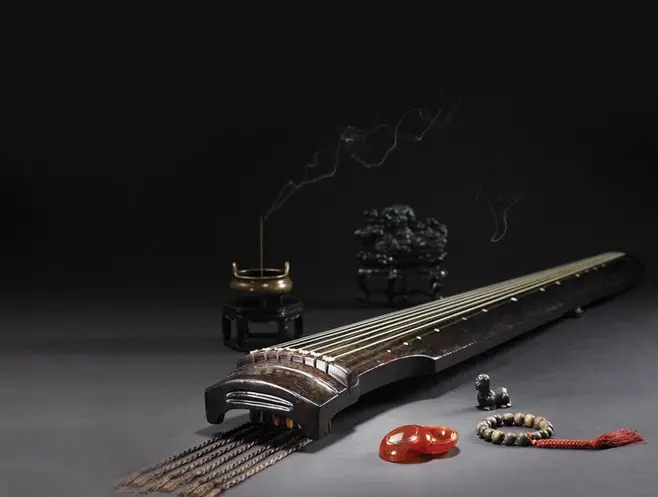What is invalid piano practice? 6 ineffective piano practice methods you must avoid
Generally speaking, there are two ways to practice the piano, one is invalid practice and the other is effective practice. Ineffective piano practice is not only inefficient, but also wastes a lot of time, while effective piano practice is to use the least time to get the greatest practice effect, and it is the most efficient practice.

So, is your piano practice method effective or ineffective? Today, let's talk about the methods of ineffective piano practice first, and see if you have any tricks.
1. Practicing the piano at will without a plan
When many students are in class, they can quickly grasp the content of one class, but when the teacher checks in the next class, the effect is not as good as the previous class. Why is this? Later, we learned that when students practice at home, they can't concentrate, watch TV while practicing, and play while practicing. How can we guarantee the effect of piano practice in this situation?
We recommend that you make a plan when you learn the piano, have strict requirements for practicing the piano, and practice the piano regularly every day. You must practice the piano during the practice time, and you don't have to practice outside the piano practice time. You can arrange to do other things.
2. There is no clear purpose of learning the piano
Why learn guqin? Some people may be to learn a skill, some may be to improve their temperament, some may be to find like-minded friends, and so on. Only by clarifying the goal of learning the piano can we study more firmly and earnestly.
3. Simple and repetitive exercises
Every practice is simple repetition, complete practice over and over again, and difficult points cannot be solved well. Every time I always like to practice from scratch, the front is getting smoother and smoother, and the latter is still unskilled. In practicing the piano, we should focus on solving the difficult points, and we should adopt the methods of breaking up, segmenting, practicing slowly, and practicing more. The difficulty is well practiced, which means the success of the practice. For students with a certain level, this is the most common problem in practicing the piano.
4. Continuous piano practice for a long time
The result of continuous practice for a long time is that the first hour has an effect, the second hour has no effect, and the third hour makes an error. For long-term piano practice, you must rest in the middle. Don't force your child to practice the piano all the time, be moderate.
5. Practicing the piano under fatigue
Some students are used to practicing the piano in a very tired state after finishing their homework, and the effect is definitely not good. You can consider arranging piano practice in the morning. The efficiency of practicing in the morning is higher than that in the evening.
6. Practice the piano in a noisy environment
A noisy environment will affect the quality of piano practice. The environment is noisy, and it is difficult to concentrate no matter what you are learning. It is recommended to find a quiet environment before practicing the piano.
Do you have any of the above situations? If there are any, it needs to be corrected immediately.
 渝公网安备 50010702504639号
渝公网安备 50010702504639号